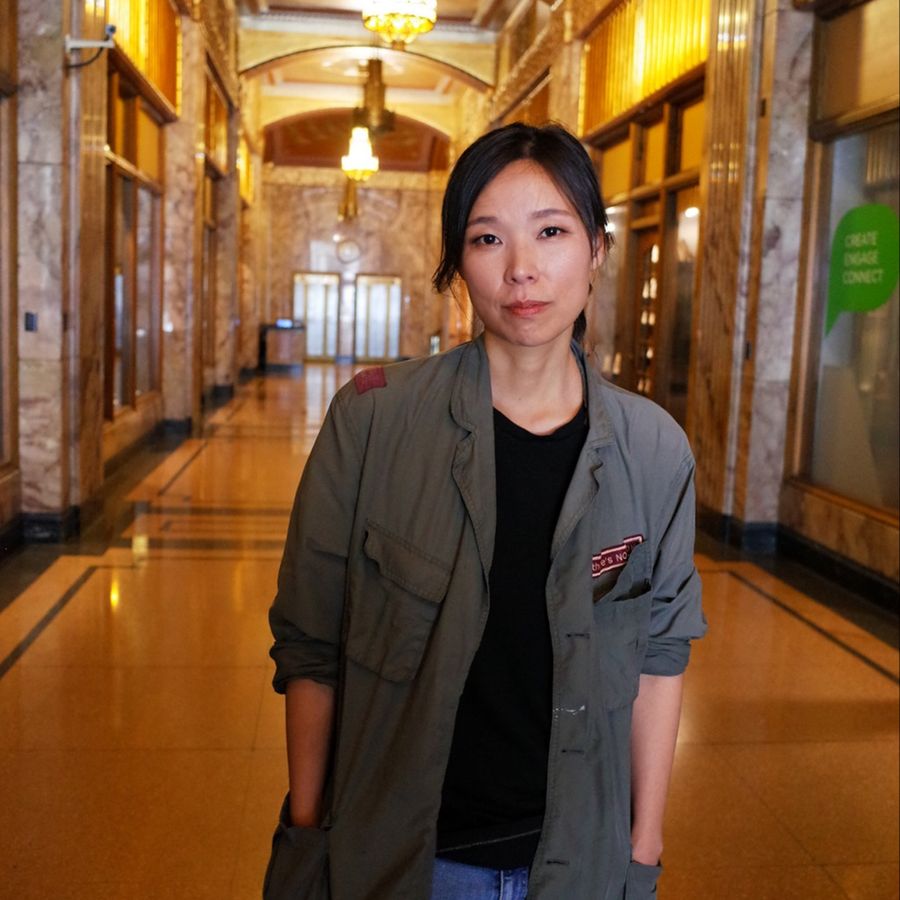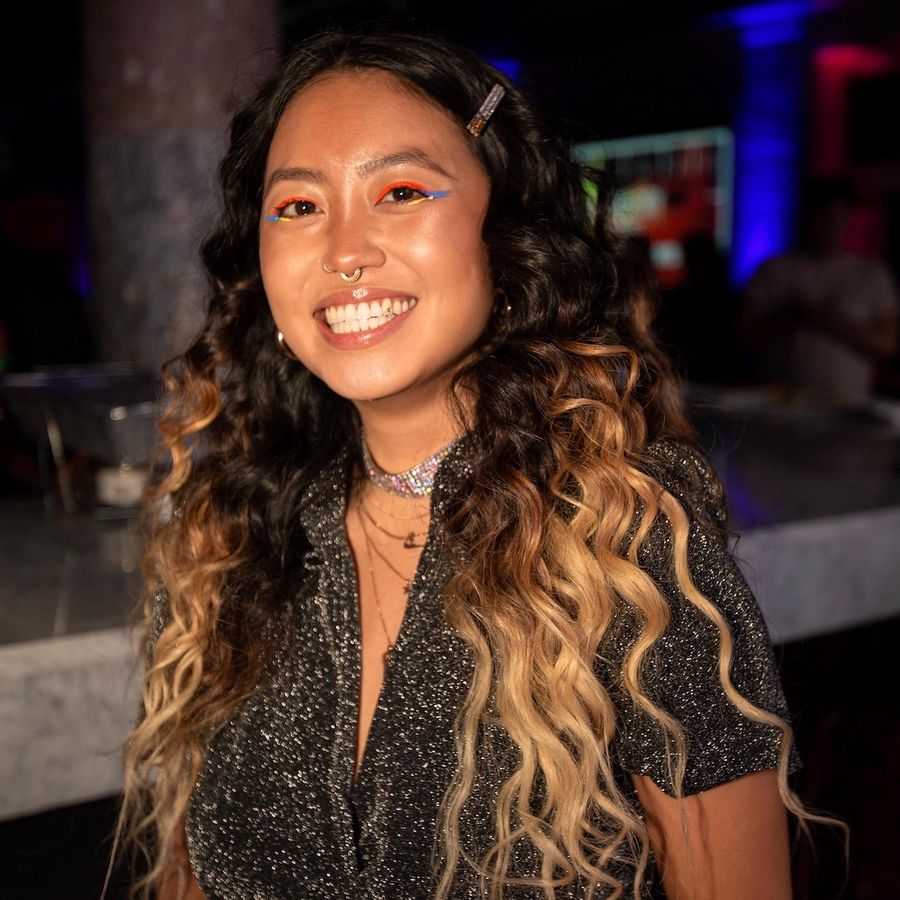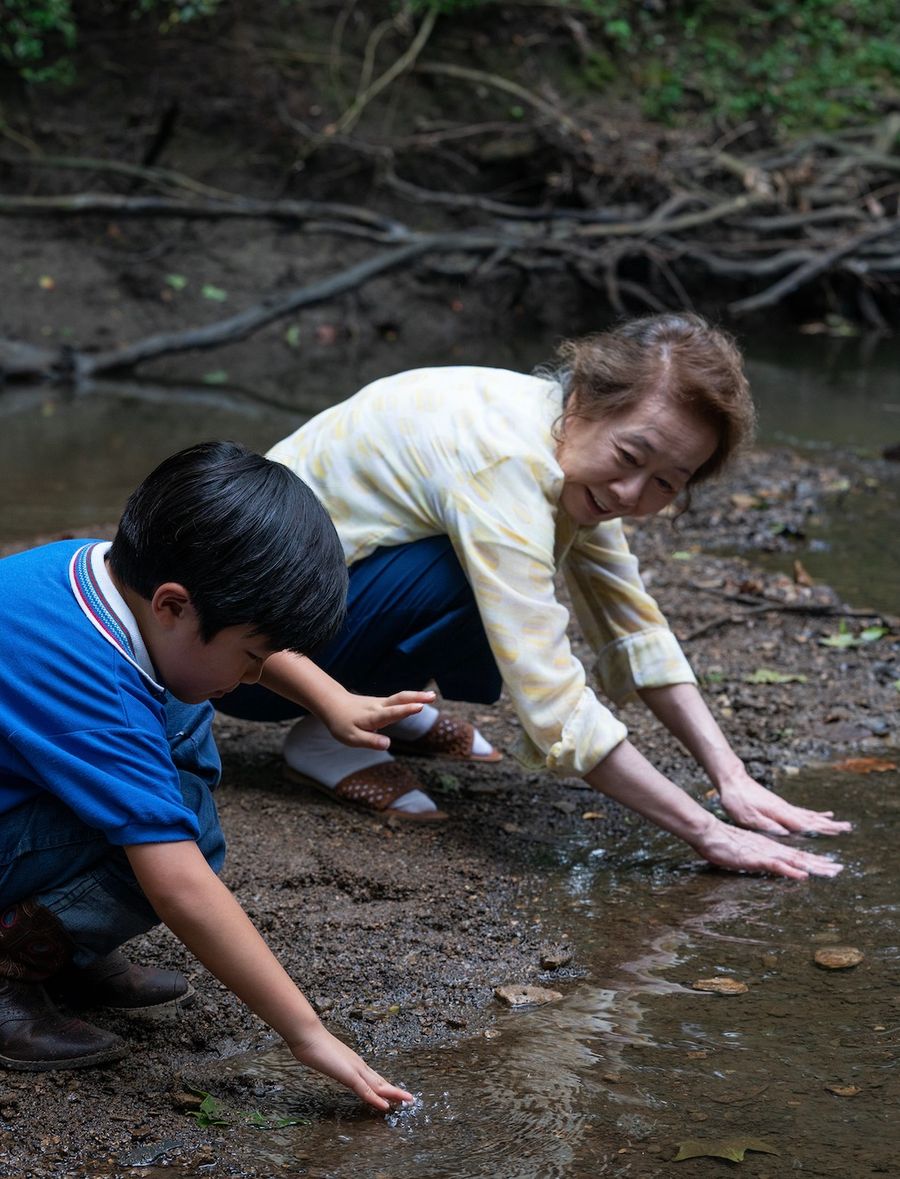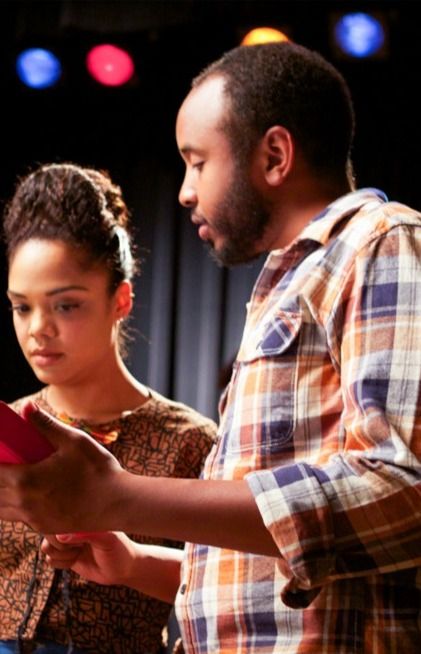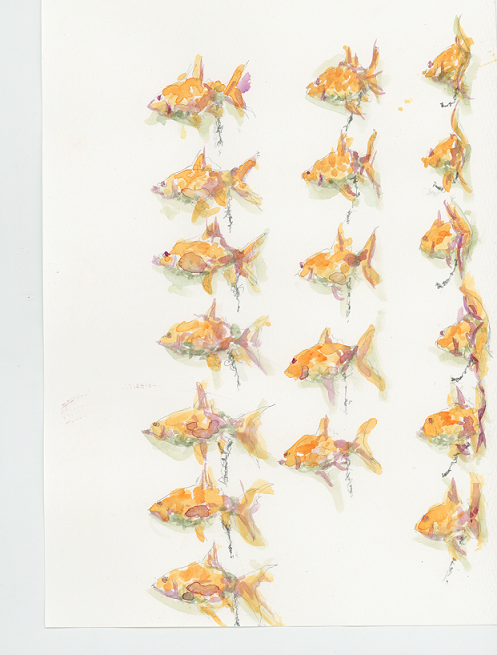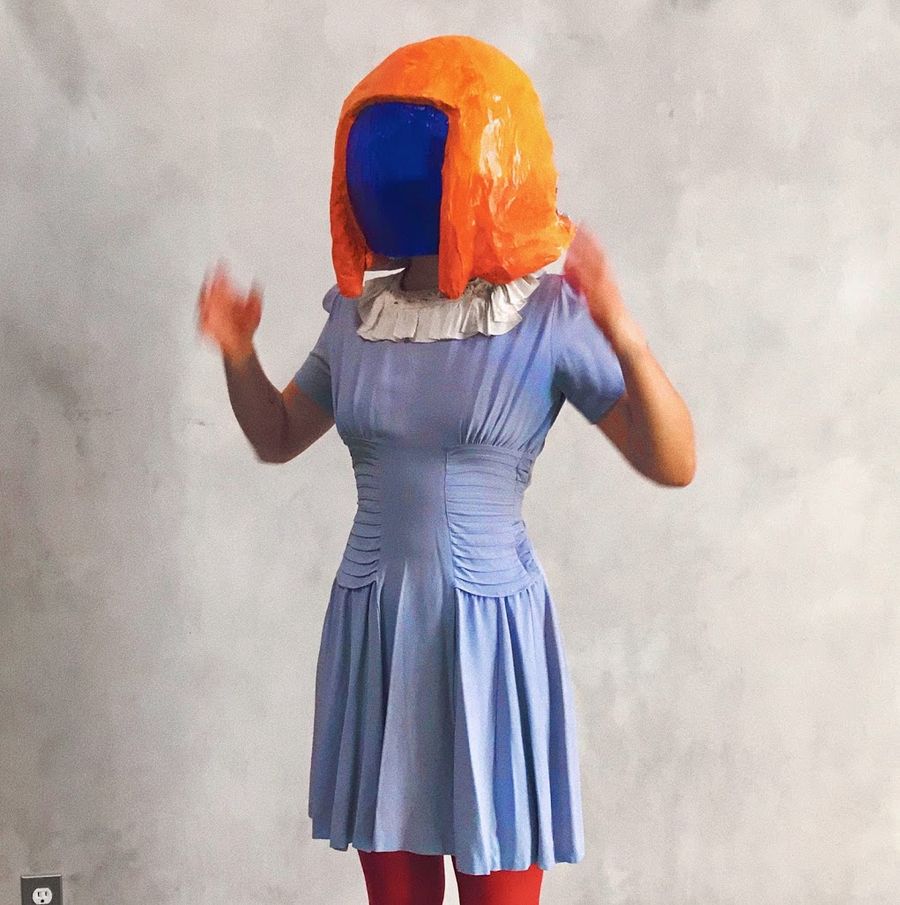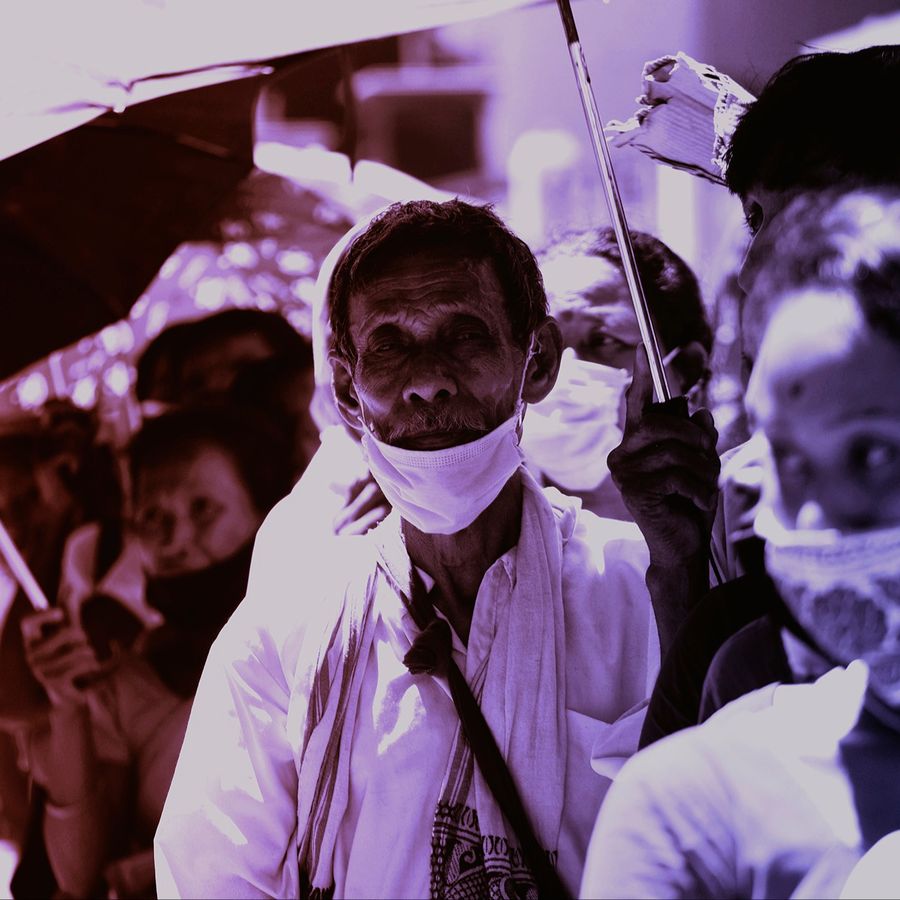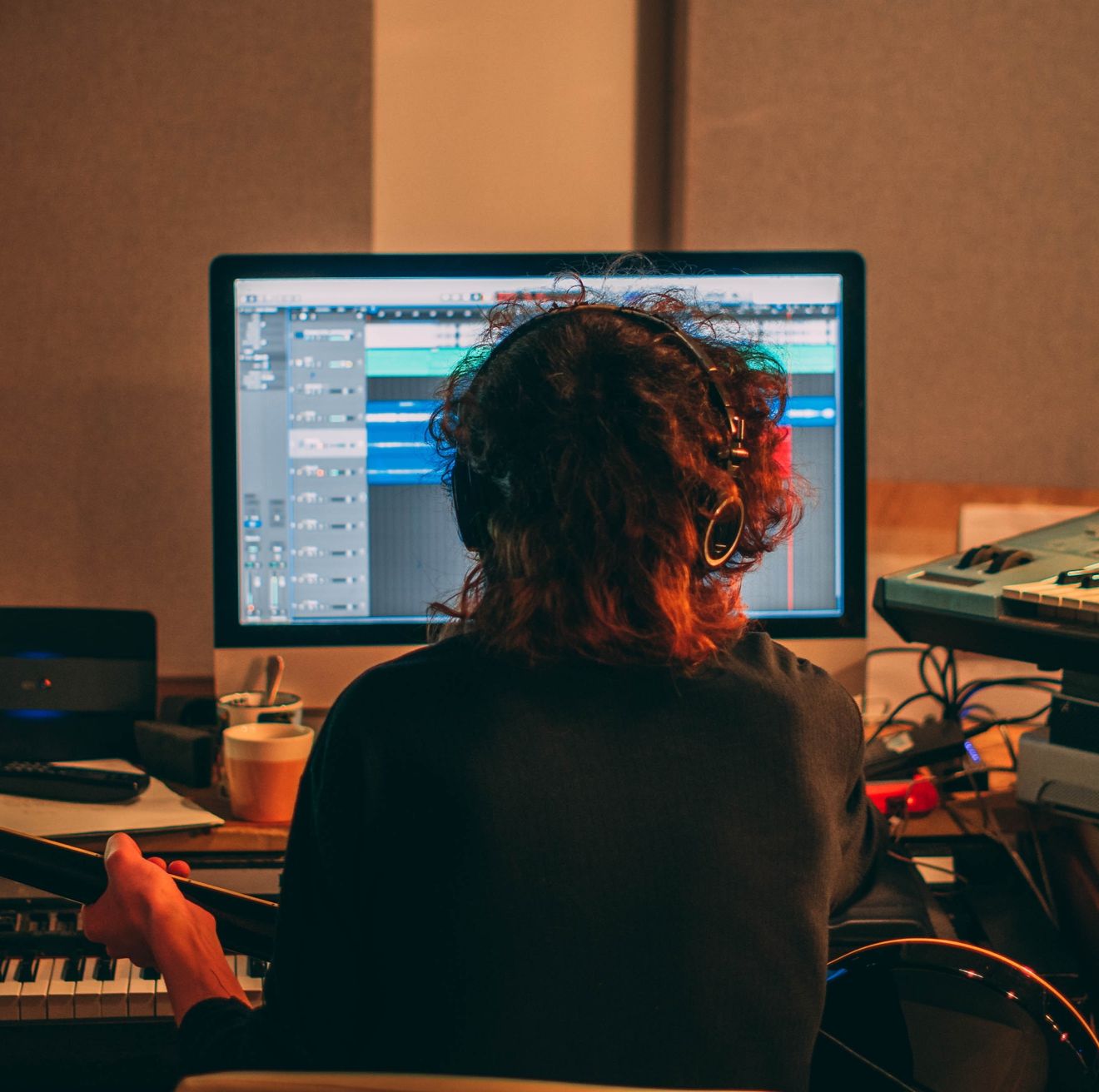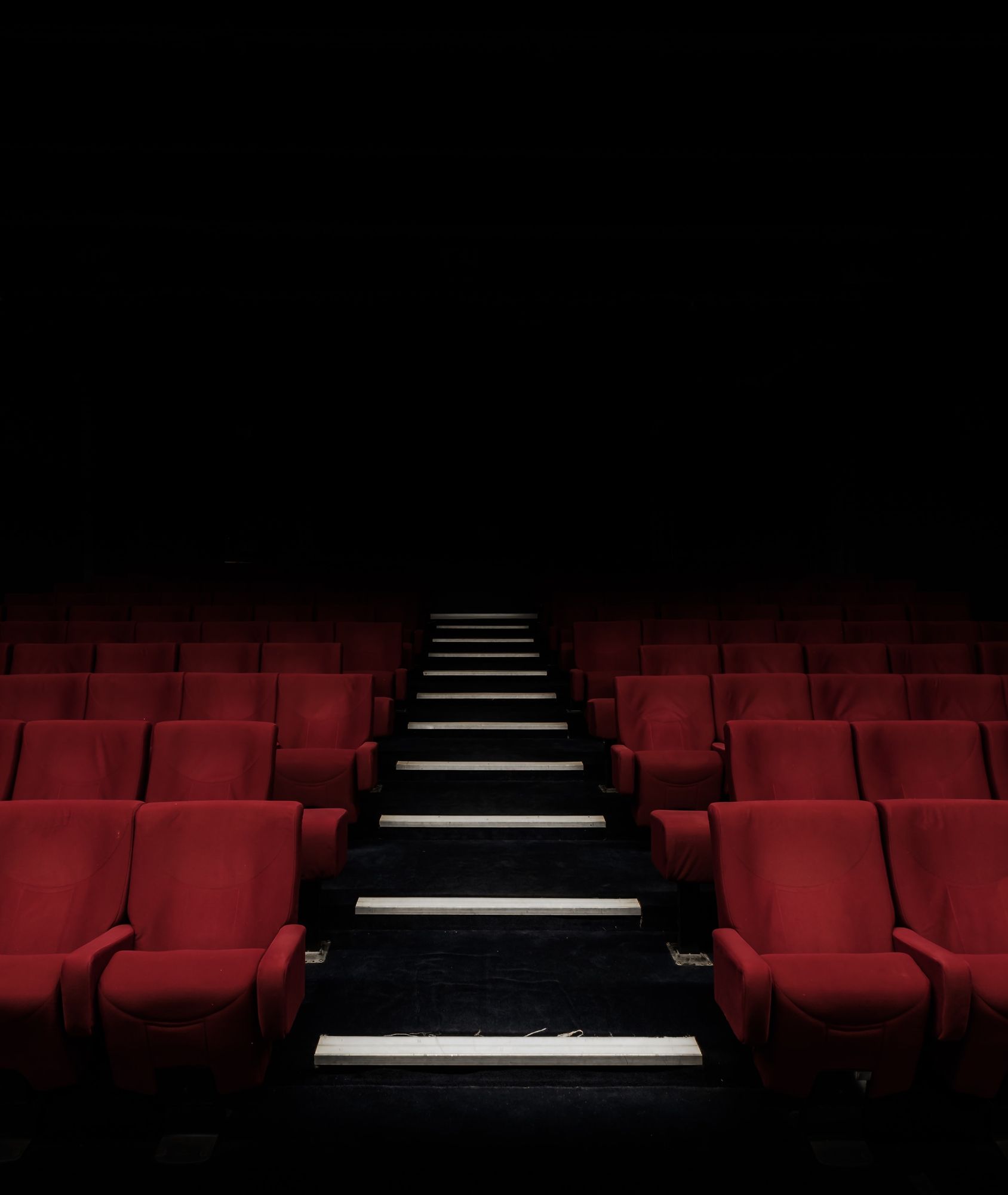Minari (pronounced mee-nah-rree) is a short leafed, long stemmed herb that makes frequent appearances in Korean cuisine. It grows at a rapid rate and is usually thrown out in its first harvest. In its uprooting, it leaves behind healthier soil for anything planted in its place. The herb becomes a fertilizer giving life to new possibilities.
This poetic process unfolds as a subtle metaphor throughout a film by the same name, the latest project from director Lee Isaac Chung. The story of Minari is inspired by his upbringing in rural Arkansas, where his parents moved to build a farm. The film stars Steven Yeun, Yeri Han, Yuh-Jung Youn, Noel Kate Cho, and Alan S. Kim as the Yi family, a symbolic stand-in for Chung's own.
Since its shiny premiere at Sundance 2020, the A24/Plan B film has spread like stardust through the compact galaxy of social media. Among film aficionados, it’s adding to a canon of recent cinematic revelations from Asian American directors like Lulu Wang, Aneesh Chaganty, Bing Liu, Alice Wu, and Alan Yang. Among many others, the film resembles the histories first gen Americans have longed to learn about our preceding generations.
Ahead of its wide release on February 12 and its digital release on February 26 (A24 is now hosting limited virtual screenings), I spoke to Christina Oh (producer), Julia Kim (casting director), Kelly Park (makeup lead), Susanna Song (costume designer), and Yong Ok Lee (production designer)— all Korean and Korean American women— about the making and significance of this milestone moment.
Before I share what I learned, you should know that I get dizzying enthusiasm talking to other Korean creatives. Part of this comes from not growing up with Korean friends. Around the “church Koreans” (as I called them based on the exclusive cliques they formed and the ways they moved in unison), I never felt Korean enough. Around the kids at school in the suburbs of Atlanta, I didn’t feel American enough. And if I’m being honest, I always chose to align my identity with being American over being Korean. There weren’t any examples around to show me there was another way.
Learning about the making of this film reminded me that we don’t have to choose between a binary. We can be shaped by the magic of the in between, the open definition of both— Korean and American. During our conversations, we peppered in Korean phrases, knowing there were no quick English translations for words that carry cultural history.
Catalyzing calls for change like April Reign’s #OscarsSoWhite and organized pushes from Asian American voices behind #WhiteWashedOUT have highlighted the need for the media we consume to reflect our experiences with range and nuance. The film industry’s decision makers are being pressure tested to explore beyond the archetypes they’ve greenlit for centuries. These narratives often centering whiteness for the white gaze.
Watching Minari felt like an aching glimpse into the future of storytelling— intentionally-staffed from cast to crew, authentically-crafted from story to set, an intimate unfolding of an experience we’ve been longing to explore.
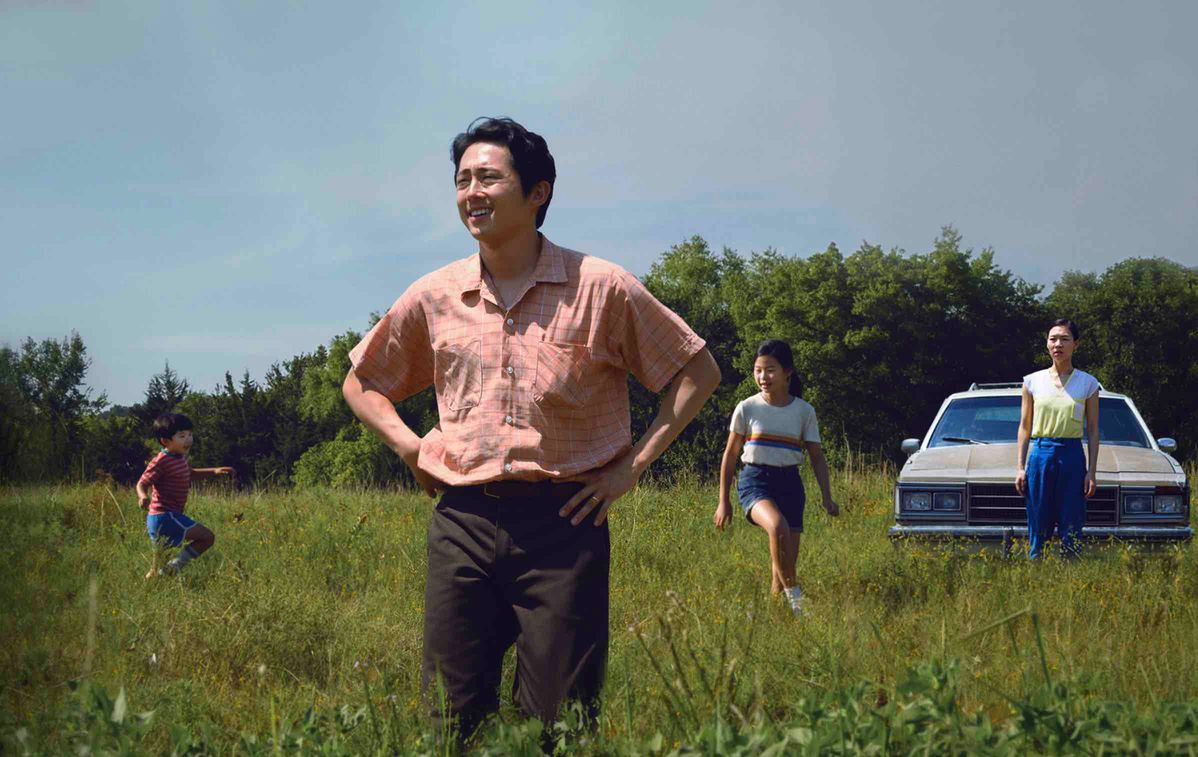
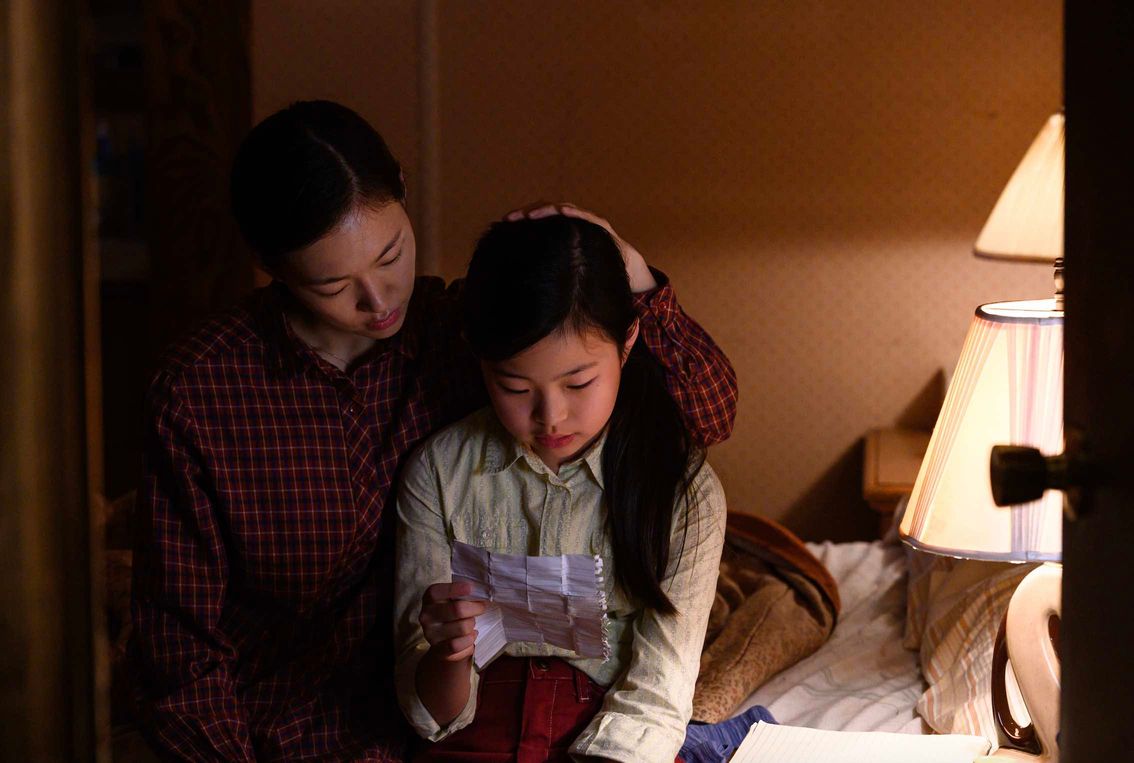
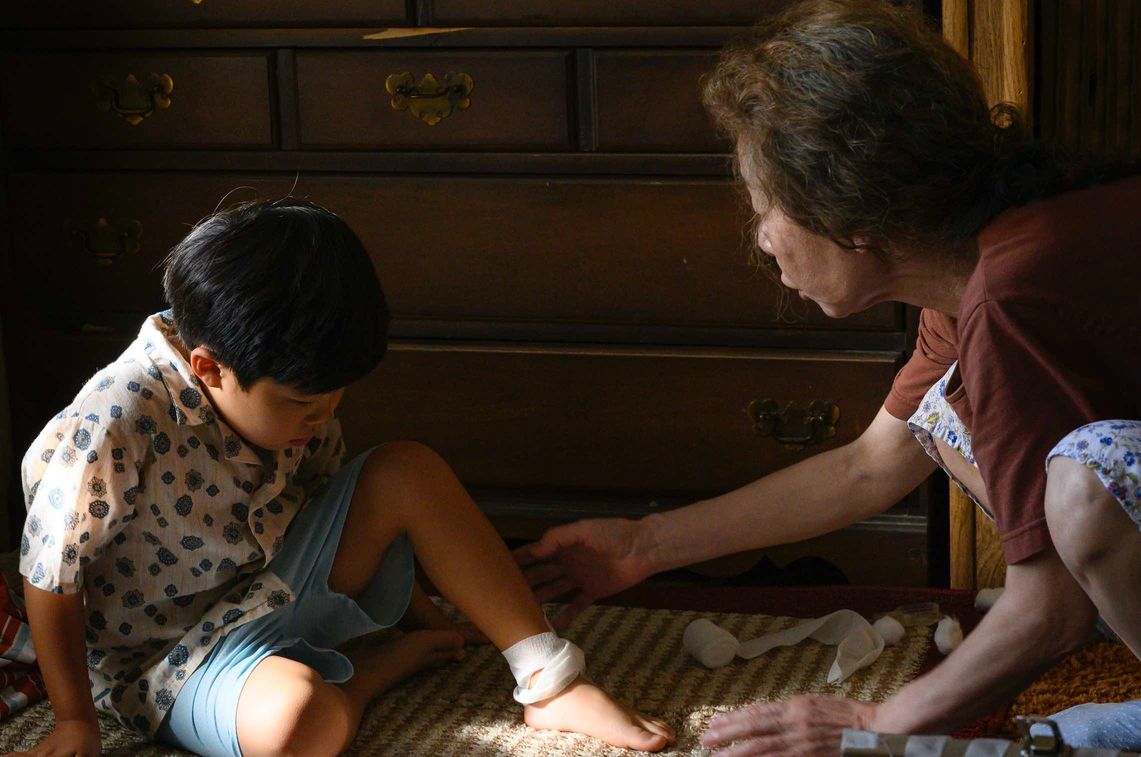
MINARI IS A MINING OF OUR EXPERIENCES
Christina came across the script for Minari through actor and star Steven Yeun, who she’d worked with during the making of Bong Joon-Ho’s film Okja. Moved by what she read, she began a process of looking through her industry contacts to staff the film with people who would best service the story. Enter: Julia, who, here, talks about her grassroots approach to casting. And Kelly, Susanna, and Yong Ok, who dive into pulling references from their friends and family histories to inform their approach to makeup, costume, and set design.
JEZZ: What was it like to work on this film and how was it different from other projects you’ve worked on? Did you feel any moments of magic on set?
CHRISTINA OH: I had the opportunity to bring people on board in a way I’ve never been able to before, with material I’ve never been able to work with before. It does in a weird way feel like it was touched by something. Call it divinity, call it kismet, magic, whatever the word is, it definitely felt like that at some points. I had worked with Julia on a movie a year prior called The Last Black Man in San Francisco. I knew she could distinguish pronunciation and find kids who were truly bilingual.
JULIA KIM: Christina discovered my work from (Andrew Ahn’s) Spa Night. She cobbled together an incredible team where we had a camaraderie of this shared immigrant experience. So there was a cultural shorthand on set. After reading the script, we all understood what details were necessary to make the story feel as real and believable as possible.
CHRISTINA: Having worked on Okja, I got to understand how valuable it is to have somebody who understands [the cultural nuances of the actors]. A makeup artist is someone you’re constantly interacting with every day. I wanted to make sure Yeri (Yeri Han, a well-known Korean actress) and Youn Sunsangneem (she refers to actress Yuh-Jung Youn with a phrase noting respect for an elder) felt comfortable and I wanted to make sure we had someone who understands our skin tones and how we look on camera.
KELLY PARK: The story takes place in the 80s in Arkansas but they came from Korea in the 1970s. Jacob and Monica were working in a building looking at chickens every day, so I thought about how that might affect their skin tone. I worked on period projects in Korea and I thought about my memories from the 80s. I reached out to friends for photo references and I combined it with what I know from living in California.
SUSANNA SONG: When I read the script and saw that it was a family moving from California to Arkansas, I thought of my family. My grandparents, aunts, uncles, dad, and mom sold everything they had and moved from Korea to LA in the 70s. I collected photo references from friends, my sister in law’s family, cousins— things you can’t really Google. Red was a color that showed up a lot, especially for the kids. I thought about the story, how they run out of water because they use it all for the farm. They wouldn’t be buying a lot of clothes, they’re repurposing for resourcefulness.
While building a mood board for Jacob’s character, I put photos of my dad from the 80s next to photos of Isaac’s dad. For Monica, I thought of my mom. The way she wore practical, conservative clothing and didn’t show much skin. She did what was best for the family. For David, Isaac had told me the cowboy boots and striped socks were something he wore in Arkansas. So I imagined David as a little ajussi (Korean for “old man”) exploring this new backyard and telling his halmoni (grandma) that she’s not a real halmoni. For Anne, I thought about how I used to get a lot of hand-me-downs. So I pulled clothes with mature silhouettes that Monica would have worn in the 70s. And Soonja’s palette is a little more vibrant than the others to match her personality.
YONG OK LEE: I referenced my childhood photos from Korea, when I was a similar age to David’s character. I looked at how my parents decorated our home. There are specific items Korean people usually have, like calligraphy and traditional hanging knots. I talked to my uncle who immigrated to the states in the 80s and asked what he brought with him from Korea.
JULIA: I was born and raised in LA and grew up going to Korean churches, Korean language school, Korean swimming class. So I deep dove into the community.
CHRISTINA: Through grassroots. I’d be calling her on the weekend and she’d say “I’m at some Korean after school program.”
JULIA: It seemed like such a tall order and it was, but the right people showed up. If you build it, they will come. Noel’s character (Anne) really resonated with me personally. I was the big sister in my household like her, the conduit to the outside world. I had to read the late notices on bills and the school notes to interpret them for my parents. After school, I’d feed my brother by heating things our mother left for us.
CHRISTINA: If you’re a child of Korean immigrants, you know that bucket, that bowl, that dish cloth. When I read the scene where the grandma brings myulchi (anchovies) and gochugaru (chili powder) from Korea, I remembered my grandma. I think it was in these specific details that made the story feel universal and accessible. You know you’ve watched something authentic when you feel like you’ve experienced it with them.
"I referenced my childhood photos from Korea, when I was a similar age to David’s character. I looked at how my parents decorated our home. There are specific items Korean people usually have, like calligraphy and traditional hanging knots. I talked to my uncle who immigrated to the states in the 80s and asked what he brought with him from Korea." — Yong Ok Lee
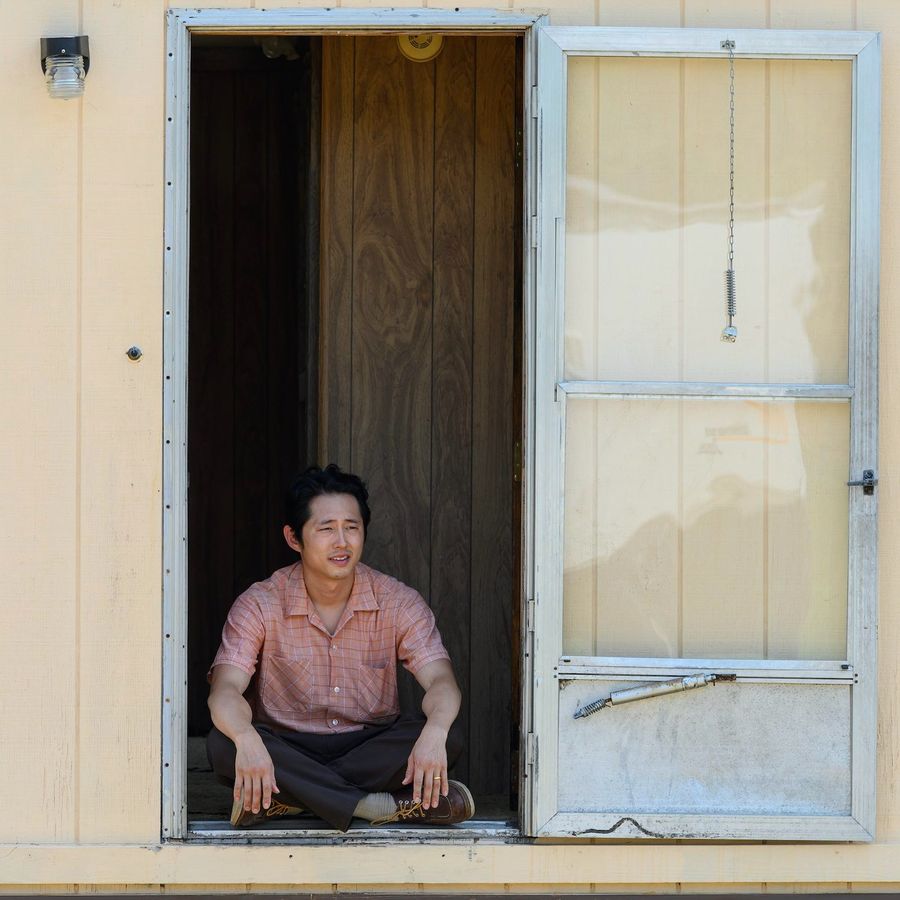
MINARI IS BORN FROM RISK AND RESILIENCE
Julia, Christina, and Kelly talk about what helps them maintain momentum in their careers, and how the film aided in that. For Susanna, signing onto this project became a crossroads moment of choosing between a secure job and an unknown future.
JULIA: A film like this is a culmination of my career’s work. It gave me something to show my family to explain what I do. I was able to show them that a story like this can be told, and was told, and told correctly. It’s super rewarding.
CHRISTINA: There’s a lot of talk about 'the American dream' around this movie. And I kind of think that the American dream is a lie. It’s a dream. But I think this idea of what life could be is what drove our parents here and why they worked so hard. In a weird way, by doing what they did— I’m their American dream come to life. My parents are always saying, ‘We did this for you, we did this for a better future.’ And I recently got into a discussion with my mom and said, ’Well yeah, but dad kind of did this for him too and that’s okay. Not to infantilize their experience. But my parents came over here with basically nothing. They uprooted their lives when they were young, around 25. I can’t imagine going to a place and not speaking the language, not knowing anyone, and deciding to build something. Because of what they did, now I’m allowed to make movies. That’s what drives me in a way. They gave me the freedom to explore doing something like this.
KELLY: I majored in accounting, thinking I’d be a CPA. I watched a documentary about makeup artists and saw that it could be a career. I moved from Busan to Seoul knowing no one. I had a hard time getting into the industry and after working on a few things, I felt good about where I was. But I wanted to do more. So I moved to Hollywood to challenge myself. Learning English was the biggest challenge for me and still is. But I achieve things little by little and that’s what keeps me going.
SUSANNA: I don’t get many dreams but when I do, they’re always a message. My father passed away when I was 15 and even when I dream about him, he rarely talks. While I was deciding what to do (joining the Minari team and possibly leaving the costume department of an ongoing TV series) I had a dream he was driving me to the airport. He told me, ’Just go. You’ll be fine.’
MINARI IS AN INTIMATE REFLECTION OF OUR ROOTS
For Susanna and Christina, telling this story became a layered process of exploring their own histories.
JEZZ: So much of our identities as first and second gen Americans is nebulous. These moments create a way to say— yes! I remember this in my own life. Like when David’s getting in trouble and has to keep his arms in the air. It created these entry points into my childhood memories. And it also created an access point to understand my parents. Being somewhere and starting from scratch. Uprooting yourself and burying new roots.
SUSANNA: Here we are thinking, my parents don’t understand me. When really, we’re not trying to understand them either. I had to see it from Jacob and Monica’s point of view, as well as the kids, whose perspective I’m already familiar with.
CHRISTINA: Being a Korean American, being born here but being fluent in Korean while growing up with Korean-speaking parents and halmonis (grandma), made it a bizarre existence for me. To live in this dual space, one foot in Korea and one foot in America so to speak. Not feeling American enough and at times not Korean enough. I realized through this that I hadn’t given much space to it in my own life.
SUSANNA: I had my insecurities about being Korean enough while working on this. But then I realized it’s more about being American enough. I’m Korean American enough. This project felt like a soul search. A Seoul retreat.
CHRISTINA: The response to the film has almost been a thesis for me. My sole intention wasn’t to make something that would make people feel seen. I was hoping that as a byproduct. When you’re in the nitty gritty day-to-day making a movie, you’re living each day just hoping you make it to the next. But getting notes and messages from people has been moving for me in the sense that yeah, this is sometimes why you do what you do.
"The response to the film has almost been a thesis for me. My sole intention wasn’t to make something that would make people feel seen. I was hoping that as a byproduct. When you’re in the nitty gritty day-to-day making a movie, you’re living each day just hoping you make it to the next. But getting notes and messages from people has been moving for me in the sense that yeah, this is sometimes why you do what you do." — Christina Oh
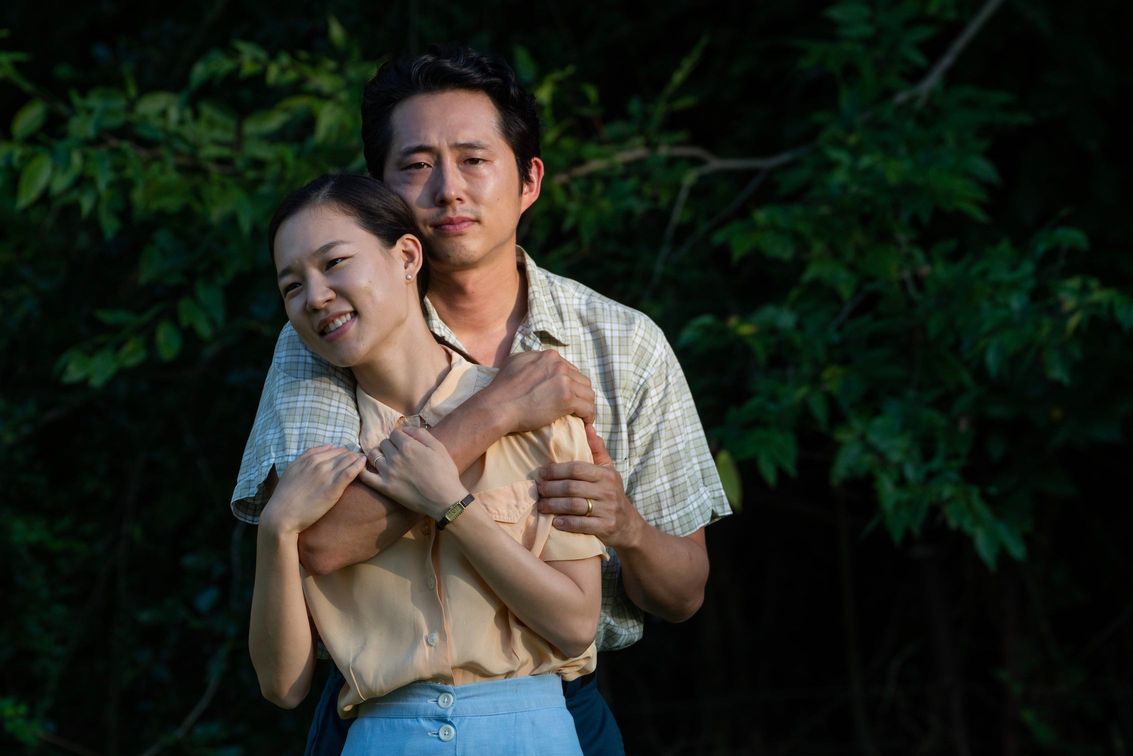
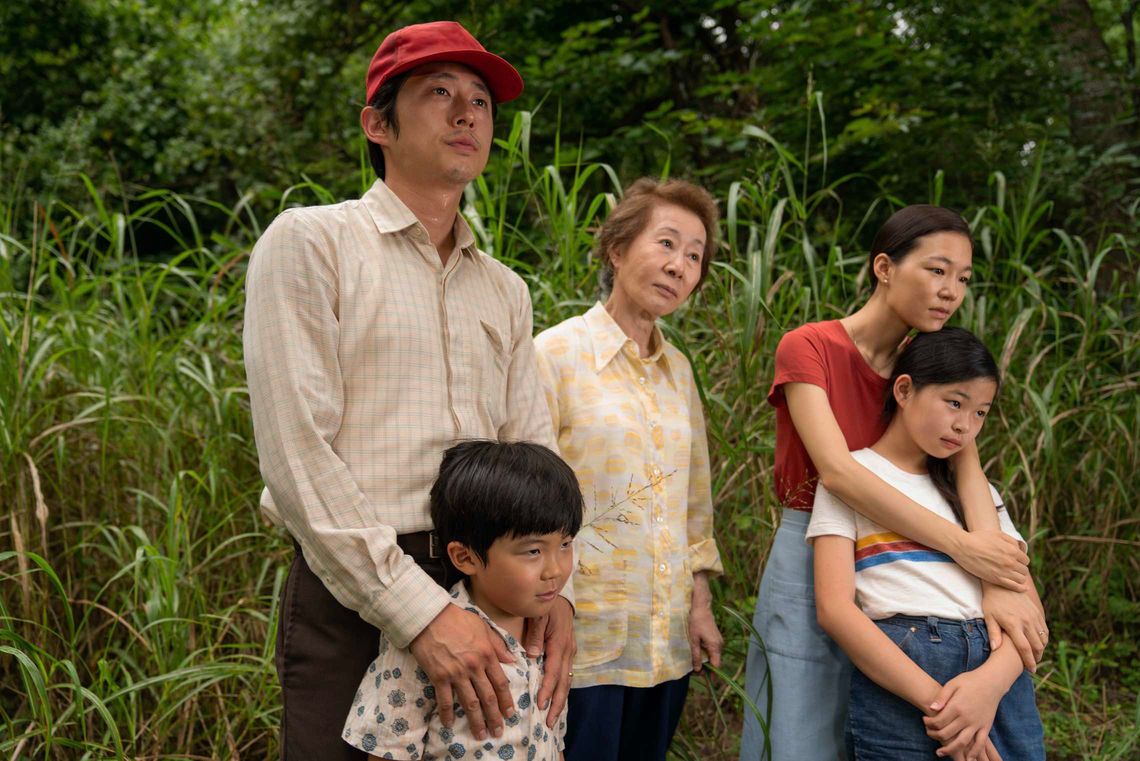
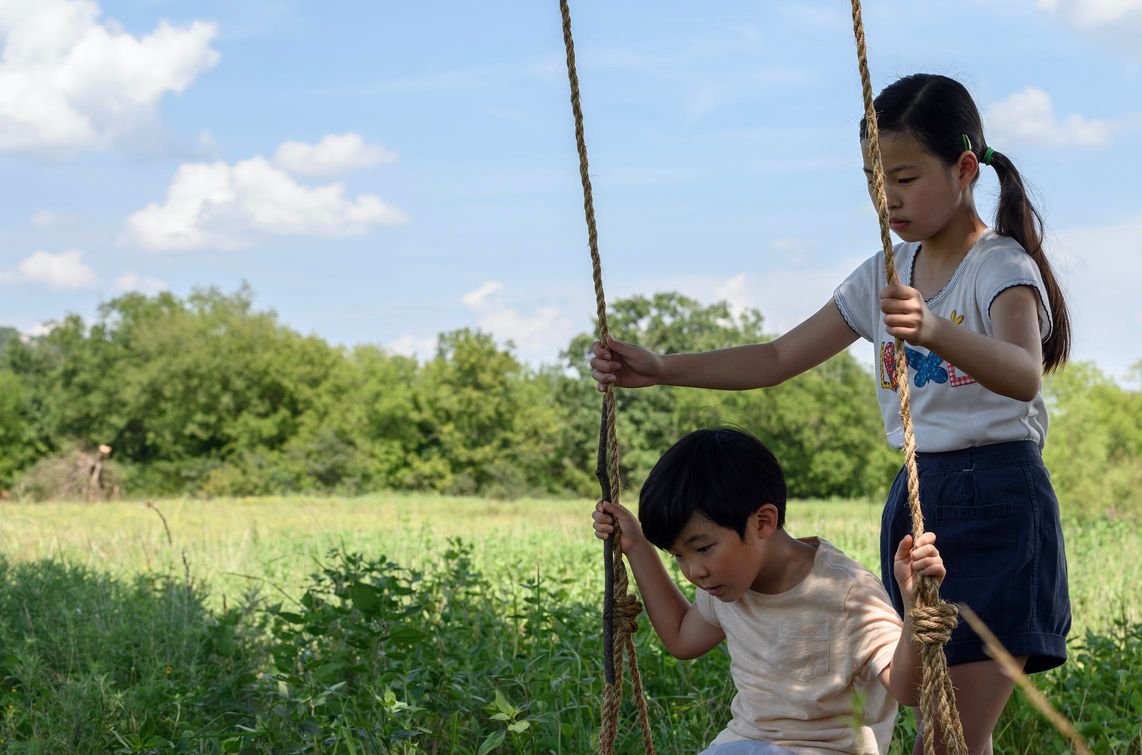
MINARI IS A JOURNEY WITHIN
Yong Ok, Julia, Kelly, Susanna, and Christina share advice for emerging storytellers and why it’s important to listen to our creative instincts.
YONG OK: The energy of making things on set never bores me because I’m facing new challenges all the time. Sometimes I think this is too hard and I want to leave the industry. But after I’m done with a job and move on to a new project, I completely forget the pain and instead, get excited about getting into a new world. My advice is to follow your instincts and keep working for what makes you feel proud, passionate, and alive.
JULIA: We need more color behind and in front to tell stories authentically and to get those nuances right. I discovered casting by accident, fell in love, and stuck with it. I never deviated even during times I thought I wouldn’t make any money. I know it sounds cliche, but the money will come if you stick with what you love and get good at what you’re doing.
KELLY: I came from Korea not too long ago and still don’t have many connections here. But if my plant isn’t sprouting, I have to believe something is happening under the ground. I keep giving it water to help it grow. I’m taking classes and getting a cosmetology license to do both hair and makeup on set. I’m taking online classes from colleges to improve my English pronunciation. I believe if I keep doing this, I’ll get better.
SUSANNA: Everyone has their own story and personal journey. It’s easy to follow what people are saying online, what’s trending and going viral. It’s more damaging to yourself if you try to be someone else. Be true to what you love. If you picture it in your head and it makes you smile, that’s what you should go for.
CHRISTINA: Get to know what you like. Be kind to yourself, love on yourself a little bit. Go to therapy if you need it. Find happiness in your own life and let it radiate outwards towards others. Stick to what you want to do and fight for it. A lot of people Plan B works with are very up and coming people we discover early on and fight for. As cheesy at it is, believe in yourself. I never ever thought I’d be where I am today. Isaac wrote this beautiful ending we ultimately changed, but it was a poetic message about how Minari comes in the pockets of immigrants and thrives in the next harvest. If you think about it like that, I guess we’re all Minari.
For resources to support the Asian American community, please swipe through Jezz's Instagram guide.
This interview has been edited and condensed for clarity.
All photos courtesy of A24 / Photography by Melissa Lukenbaugh and Josh Ethan Johnson.
“If you picture it in your head and it makes you smile, that’s what you should go for.” — Susanna Song
CHRISTINA OH
Christina Oh is a Producer at Brad Pitt's Plan B Entertainment. Since joining in 2011, she has worked on a number of their titles, including Bong Joon-Ho’s Okja for Netflix and Joe Talbot’s feature film debut The Last Black Man In San Francisco for A24. Most recently she produced Minari, written and directed by Lee Isaac Chung, which will premiere at Sundance 2020. She is also developing and producing TV with FX, FOX, CNN, and Amazon.
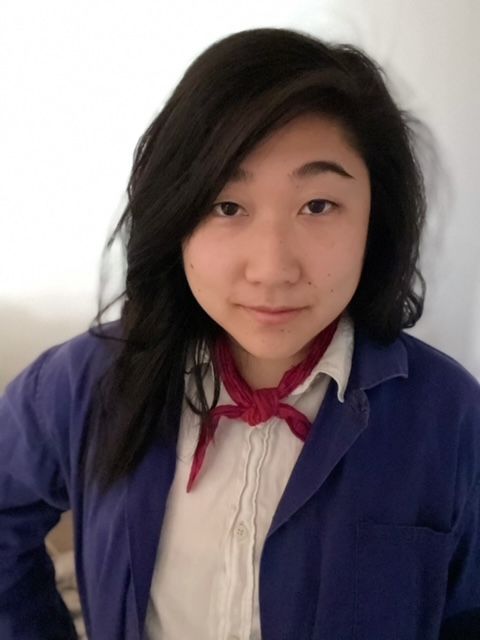
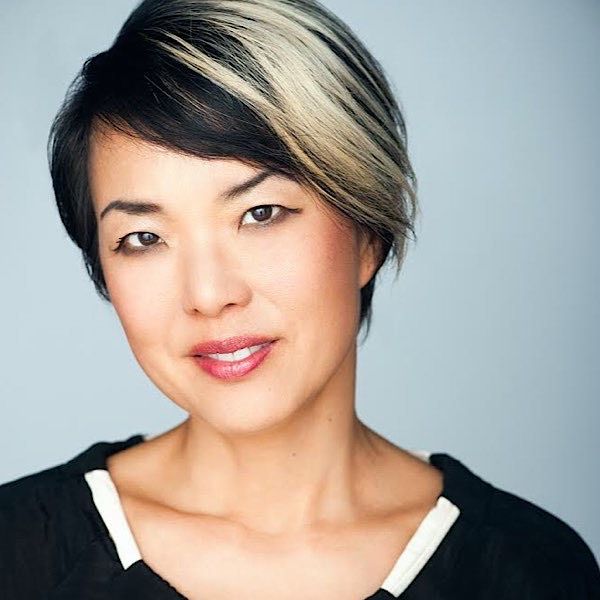
JULIA KIM
Julia Kim is an Independent Casting Director. The films she's worked on have been recognized by a multitude of top-tier festivals. Minari is premiering in the U.S. Dramatic Competition at Sundance 2020. The Last Black Man In San Francisco premiered at the 2019 Sundance Film Festival and won two top prizes. Spa Night premiered at the 2016 Sundance Film Festival and won Best Breakthrough Performance. Starlet was awarded the Robert Altman for Best Ensemble Cast at the Indie Spirit awards. Shit Year premiered at Cannes Directors Fortnight and Wild Tigers I Have Known premiered at Sundance. She is also excited about invAsianLA: a fresh endeavor that helps Asians learn to better navigate the Hollywood landscape.
MOUNG KELLY PARK
Moung Kelly Park is a makeup artist and hair stylist from Busan and Seoul, Korea now residing in Los Angeles, California. Trained in a range of areas from high-fashion beauty to fight sequence special effects, her work is an expression of range and detail. She has contributed to makeup and hair direction for film, TV, and music video projects celebrated from Seoul to Hollywood. Her credits include Minari, America’s Next Top Model Korea, The Divine Fury, and Wonderful Nightmare.
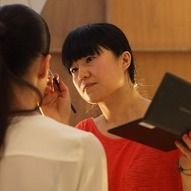
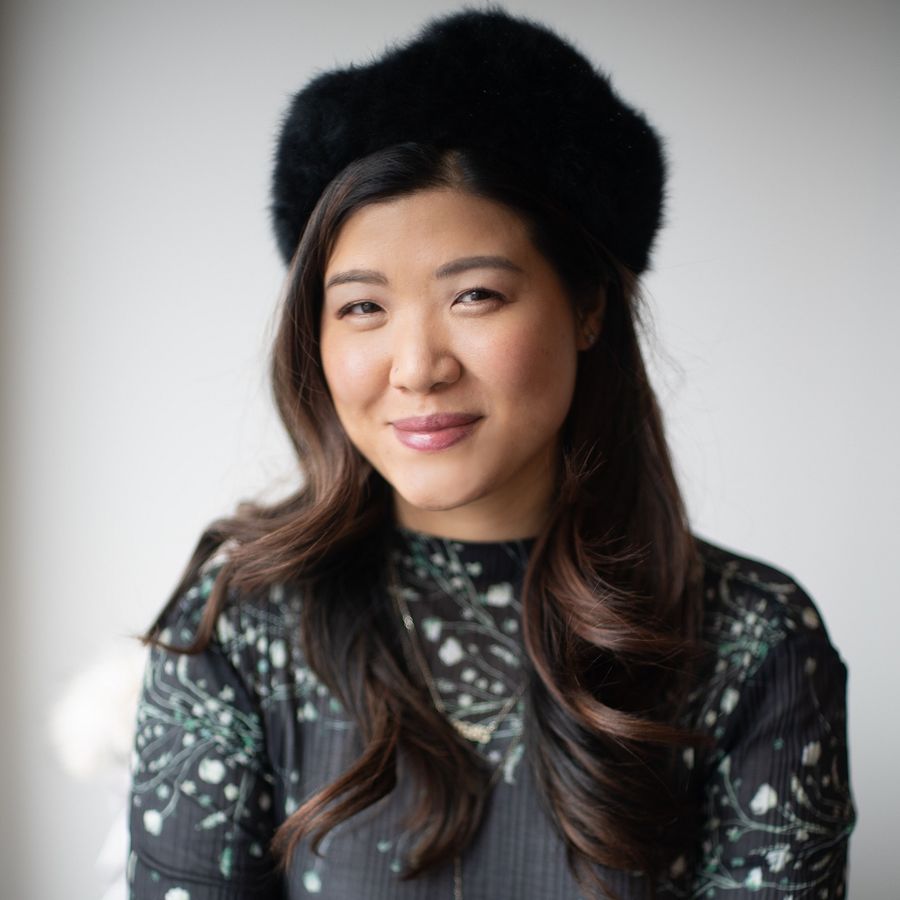
SUSANNA SONG
Susanna Song is an American-born Korean Costume Designer. During her teen years in Silver Lake, California, she slept next to her grandparent's sewing machines. Song soon dreamt of designs in her sleep, which propelled her to start a career in the LA Fashion industry before transitioning to TV & Film, via the fast-paced world of Music Videos & Commercials. For the past two seasons Susanna has been the Assistant Costume Designer on ABC’s hit TV show “Schooled” and Jimmy Kimmel/Norman Lear’s “Live: In Front of a Studio Audience.” In addition to her 80’s & 90’s expertise, Susanna’s fashion and art backgrounds influence her eclectic styles and color palettes as a Designer, allowing her to create diverse looks that distinguish each project from the last. Minari is Susanna’s third feature as a Costume Designer.
YONG OK LEE
Yong Ok Lee is a Los Angeles-based production designer. She received her MFA in Production Design from the American Film Institute. She is originally from Seoul, South Korea, where she began her career in the fashion industry as a buyer and merchandiser for F&F before becoming a fashion editor for industry publication Fashion Biz. Her work in Korea include box office top 10 hits such as Seven Days, starring Yunjin Kim (“Lost,” “Mistresses”). Projects now take her across the United States, in addition to South Korea and China. Her most recent work The Farewell, starring Awkwafina, screened at 2019 Sundance and was nominated for the Grand Jury Award. An excerpt from The Hollywood Reporter: “Cinematographer Anna Franquesa Solano and production designer Yong Ok Lee fill the widescreen frame with eye- catching visuals that never feel too studied.” Her other US credits include They (Cannes) and Dead Women Walking (Tribeca, Venice) among many others.
